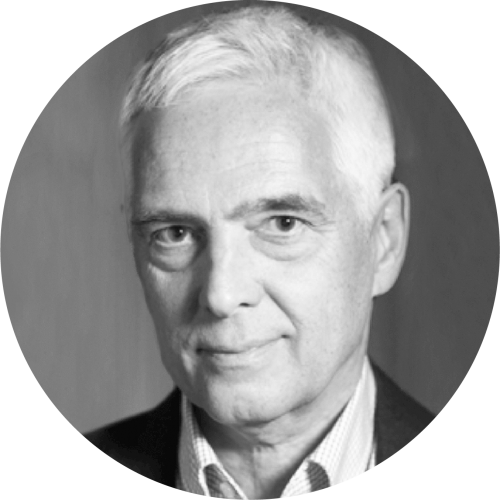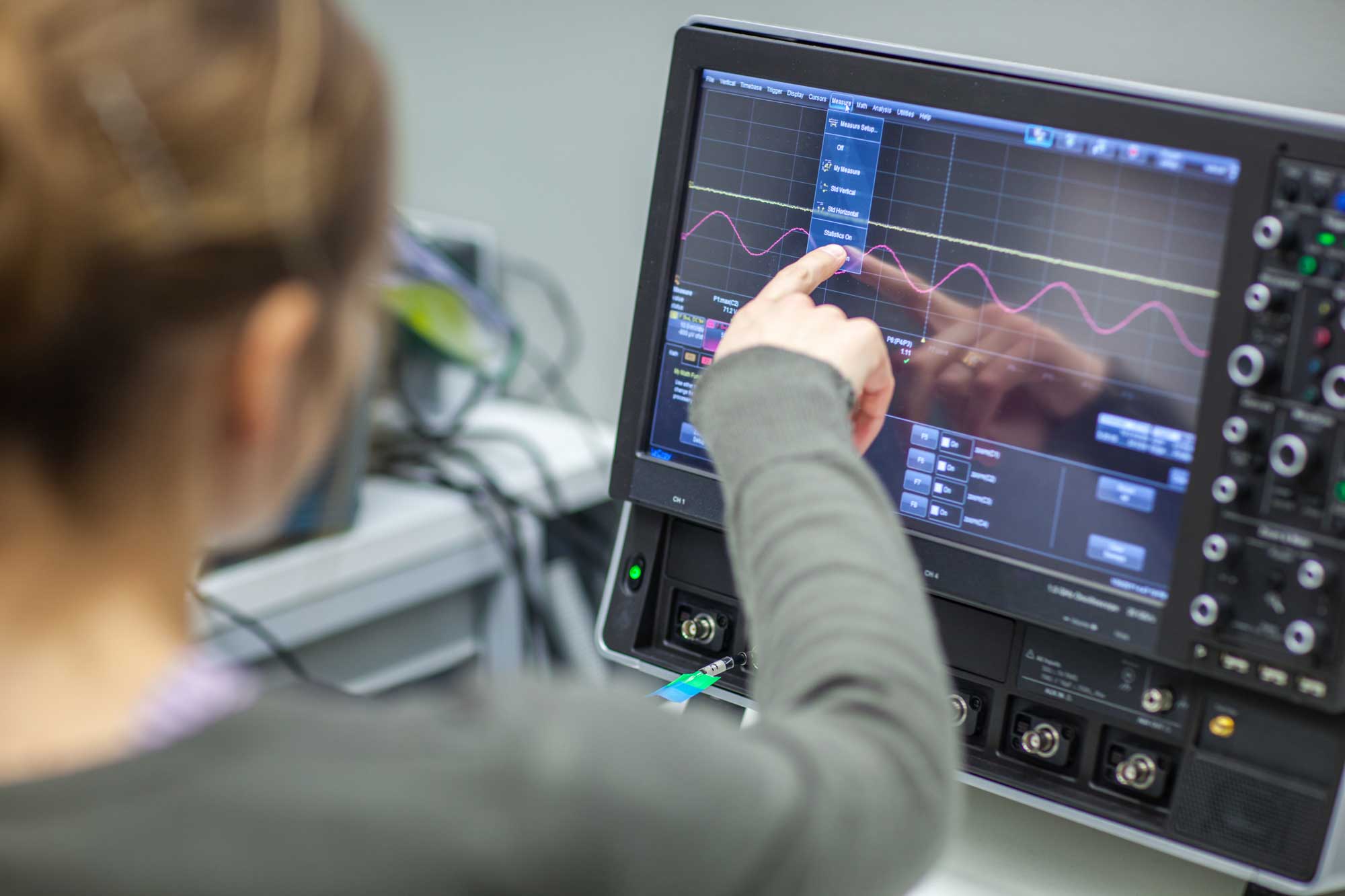For the past 45 years, numerous countries around the world have been collaborating on energy research under the umbrella of the International Energy Agency (IEA).
Set up in 1974 as an independent body of the OECD (Organisation for Economic Co-operation and Development), the IEA now has 30 members.* Austria, a founder member, is an active partner in the IEA’s research and technology network via the Federal Ministry for Climate Action, Environment, Energy, Mobility, Innovation and Technology (BMK).
The IEA aims to help member states and other countries make their energy supply clean, safe and affordable. The IEA’s Energy Technology Network provides a platform for the global exchange of expertise and new insights from energy research and thus supports the coordination of national energy and technology policies amongst member countries.
The IEA’s activities focus on the following:
> Energy security: promoting diversification, efficiency and flexibility in all energy sectors
> Economic development: securing a stable energy supply for member states and promoting free markets to stimulate economic growth and eliminate fuel poverty
> Environmental awareness: expanding the international knowledge base of energy-related options for mitigating climate change
> Global commitment: working together with non-member states, particularly big energy producers and consumers, to find solutions to shared energy and environmental problems

„Austria has benefited a great deal by joining at an early stage and being a committed member of various IEA working groups. As a small country but an attractive partner in the global energy technology network, Austria benefits more than most from its membership. Researchers can learn a lot from the international dialogue, contribute their strengths and place themselves in a successful position. This also helps innovative companies to tap into new growth markets for clean energy technologies. All in all, Austrian involvement in the IEA’s networks generate positive synergies with national, European and international initiatives and partnerships..“
Michael Paula
Leiter Head of the Department of Energy and Environmental Technologies at the Federal Ministry for Climate Action, Environment, Energy, Mobility, Innovation and Technology (BMK)
Structure of the IEA’s energy technology research
The most important body for research and development (R&D) in the field of energy technologies is the Committee on Energy Research and Technology (CERT), which formulates and supports the IEA’s energy research stra-tegies. The BMK is represented on this committee. The CERT instigates the IEA’s research activities and steers the work being done under the Technology Collaboration Programmes (TCPs).
The various areas of energy research are grouped into four working parties (Renewable Energy Technologies, Energy End-Use Technologies, Fossil Fuels and Fusion Power), whose experts analyse and evaluate the work of the subject-specific TCPs and make recommendations to the CERT.
The Working Party on Renewable Energy Technologies looks after technology collaboration programmes in the following research fields: bioenergy, geothermal energy, marine energy, concentrating solar power, photovoltaics, solar heating and cooling, hydrogen, hydropower and wind power. The Working Party on Energy End-Use Technologies is supporting 14 technology collaboration programmes from the buildings, electricity, industry and transport sectors. The Working Party on Fossil Fuels covers the technology collaboration programmes for multiphase flow science, advanced oil extraction, the Clean Coal Centre and fluidised bed technology as well as a greenhouse gas research programme.
The research cooperation is carried out as part of the Technology Collaboration Programmes (TCPs), multilateral programmes whose objectives and research priorities are set by the participating countries. The TCP network is supporting the work of 38 independent international groups of experts at present with the aim of driving forward research into pioneering energy technologies and their development and marketing. It promotes the exchange of ideas and strategic, techno-political knowledge, while also offering countries the opportunity to showcase their strengths to the rest of the world. Around 6,000 experts from 54 nations are currently working together in a total of 38 TCPs.
The actual research and development activities are carried out at project level in the tasks or annexes. A TCP often comprises up to ten ongoing projects.
The BMK is supporting Austria’s involvement in the TCPs with the programme “IEA Research Cooperation”. It entrusts the research work that forms part of the tasks and annexes to Austrian experts, research institutions and companies, which are selected in an annual tender process. Austria is also taking the overall lead on a number of new tasks.
* IEA member states: Australia, Austria, Belgium, Canada, the Czech Republic, Denmark, Estonia, Finland, France, Germany, Greece, Hungary, Ireland, Italy, Japan, Luxembourg, Mexico, the Netherlands, New Zealand, Norway, Poland, Portugal, Slovakia, South Korea, Spain, Sweden, Switzerland, Turkey, the United States, the United Kingdom. Associated countries: Brazil, China, India, Indonesia, Morocco, Singapore, Thailand. Non-IEA countries can also join the agency’s technology collaboration programmes.
Share
